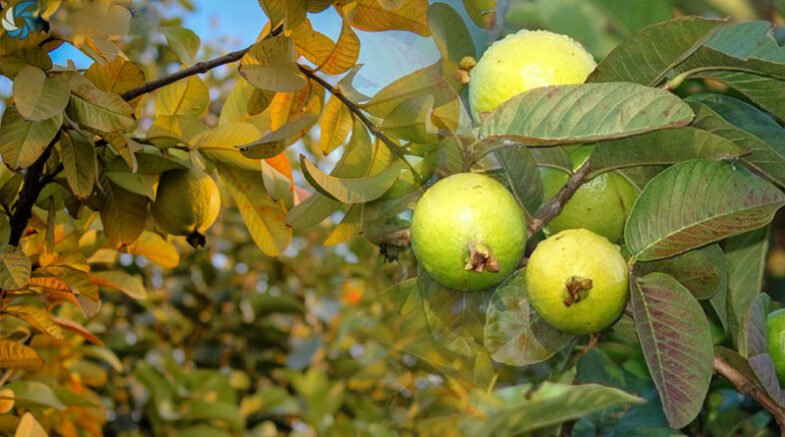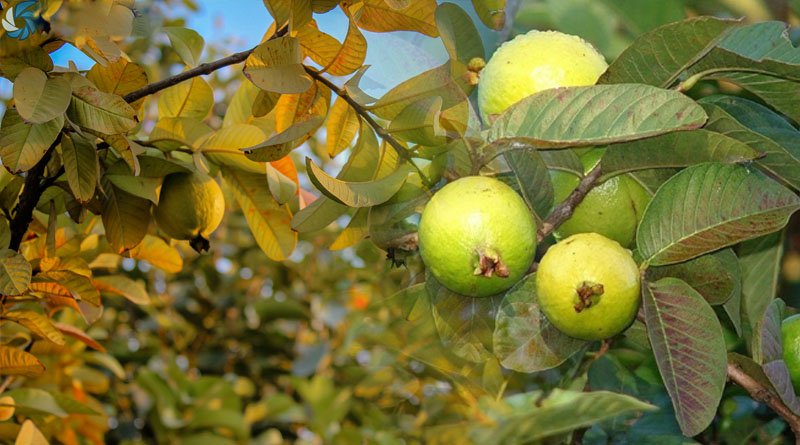United Nations Industrial Development Organization (UNIDO) paid a visit to local guava orchards on Wednesday to assess rain-related damage.

A delegation from the United Nations Industrial Development Organization (UNIDO) paid a visit to local guava orchards on Wednesday to assess rain-related damage, determine whether new technologies could be used to increase the production of the fruit, and offer support to the workers there.
In a meeting with Chamber of Agriculture and Hari Abadgar Board leaders, the delegation—which included Cornelius Kruger, a German expert in cluster crops in guava orchards; Qaisar Wasique, the organisation’s representative from Pakistan; and others—discussed ways to increase guava production by implementing new techniques and technologies.
According to Siraj-ul-Oliya Rashdi, president of the chamber, the main topic of their conversation was expanding the potential locations for guava orchards, introducing and growing the industry through new international channels, along with conducting research and using scientific methods to address problems that are frequently encountered.
He claimed that the topic of conversation was research. While Mr. Rashdi outlined the history of the cluster form of guava orchards and introduced the delegation to various guava varieties, including seedless, golden, Benazir, Ramzani, and others, Qaisar Wasique spoke extensively about the future plan of Poverty Alleviation and Inclusive Development Across Rural Sindh (PAIDAR). He claimed that the orchards had suffered severe damage as a result of the recent, unprecedented rains.
Fortunately, he said, modern methods have allowed guava production to increase globally. We have guava orchards on 18,000 acres in Larkana alone, and there are good chances of developing cluster orchards, but the amount of investment is still quite low, he said.
In order to effectively use the guava for making pulp and juice, Hafeez Ahmed Jatoi of the Small and Medium Enterprises Development Authority (SMEDA) stressed the importance of connectivity in the nation’s economy.
He also stated that guava-based industries must be established. He claimed that factories would help boost the local economy and hire young people to lower the rising unemployment rate.
A representative of the IBA Karachi highlighted the lack of skilled workers, which prevents people from taking full advantage of the available agricultural resources.
The German expert, Cornelius Kruger, pledged to provide all forms of assistance and revealed that the European Union had always worked for Pakistan’s citizens’ prosperity and was prepared to support the expansion of the agriculture sector as well.
